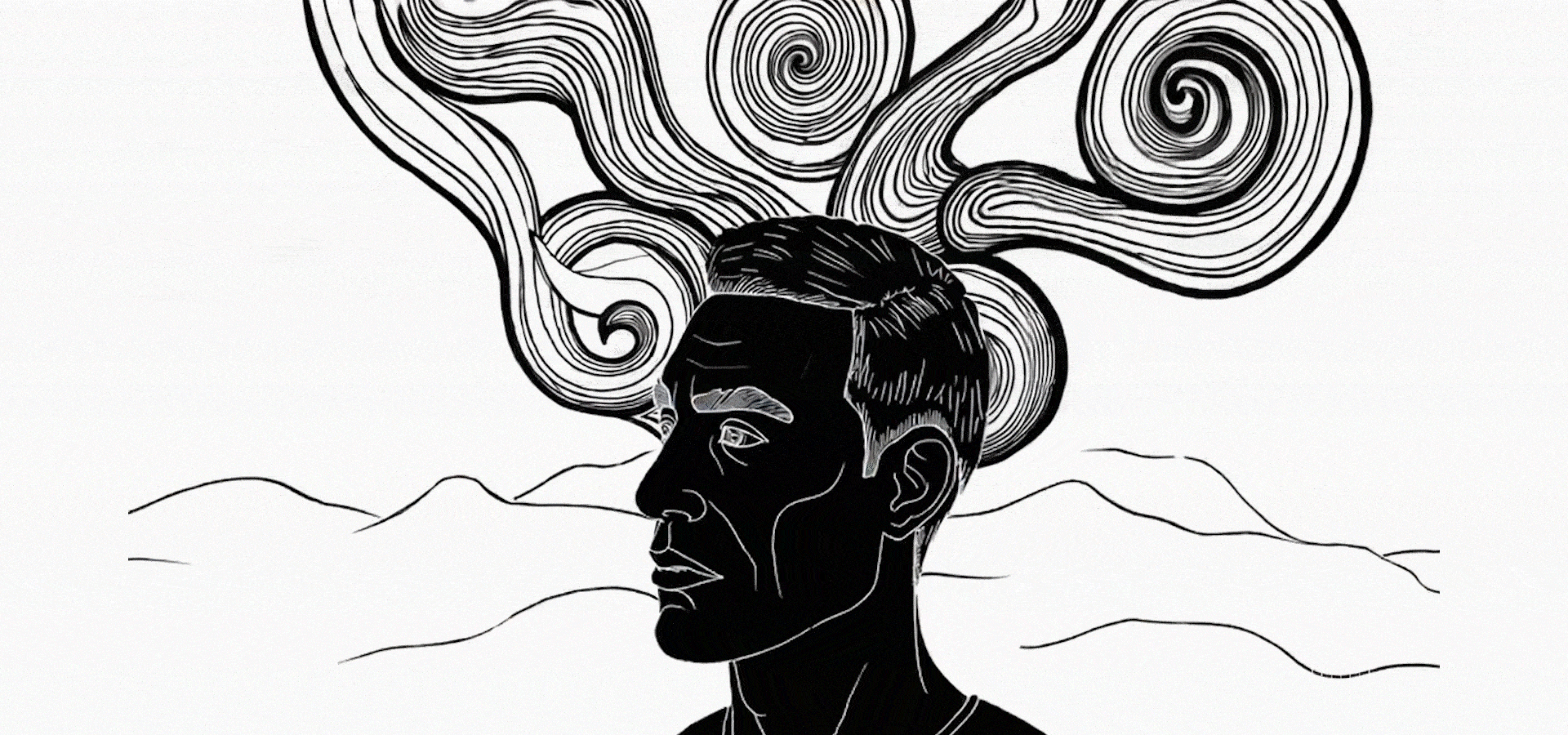
Ending the silence cycle
My journey with mental health as an Albanian man
|11.06.2025
|
I knew that speaking openly about my mental health would likely be seen as a weakness, as a failure to maintain the stoic exterior expected of Albanian men.
They didn’t want me to be marked with the “he’s not well” label, that in my culture treated those with mental health conditions as “weird,” “pitiful” or “fundamentally broken.”

Arbër Qerka-Gashi
Arbër Qerka-Gashi is a London-based writer, curator and researcher. He holds a BA in History from Goldsmiths, University of London, and a master’s in Gender, Sexuality, and Culture from Birkbeck, University of London. He writes on themes related to the Balkans, Albanian identity, diaspora experiences and Kosovo’s cultural expression.
DISCLAIMERThe views of the writer do not necessarily reflect the views of Kosovo 2.0.
This story was originally written in Albanian.